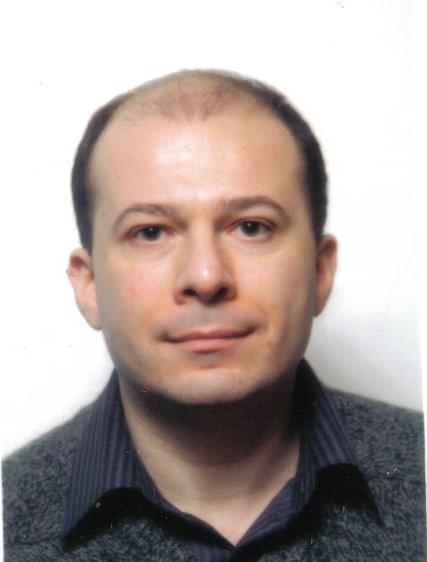- Numérique
Séminaire sur les applications et limites de l'IA - 30 septembre 2024
-
Le 30 septembre 2024Campus ChantreriePolytech Nantes - Campus Chantrerie - Amphi 1 du bâtiment IRESTEfalse false
- Plan d'accès
Cette conférence qui est destinée à un large public scientifique (chercheurs, enseignants, doctorants, étudiants, ...) aura lieu dans l'amphi 1 du bâtiment IRESTE de Polytech Nantes. La durée sera d'environ 40 minutes avec des possibilités de questions et de discussion avec notre professeur invité.
La conférence est également accessible en visioconférence.

Dr Volfango Bertola
Artificial Intelligence (AI) has emerged as a transformative technology with profound implications for science and engineering. This seminar aims to delve into the diverse applications of AI in these fields while also shedding light on its inherent limitations.
In science, AI is revolutionizing research by accelerating data analysis, enabling predictive modeling, and facilitating the discovery of new patterns and relationships within complex datasets. From genomics to astronomy, AI is enhancing our understanding of the natural world and pushing the boundaries of scientific exploration.
In engineering, AI is driving innovation across various domains such as robotics, autonomous systems, and materials science. By leveraging machine learning algorithms and neural networks, engineers can optimize designs, improve efficiency, and develop cutting-edge technologies that were once thought impossible.
However, despite its remarkable potential, AI also poses significant challenges and limitations. Ethical concerns surrounding bias in algorithms, data privacy issues, and the lack of interpretability in deep learning models raise important questions about the responsible use of AI in scientific research and engineering applications.
Moreover, the black-box nature of some AI systems can hinder transparency and trustworthiness, limiting their adoption in safety-critical domains where explainability is paramount. Additionally, the reliance on vast amounts of high-quality data for training AI models can be a bottleneck in fields where data collection is expensive or limited.
By critically examining both the applications and limitations of AI in science and engineering, this seminar aims to foster a deeper understanding of how we can harness the power of AI while mitigating its risks. Through interdisciplinary discussions and case studies, participants will gain insights into best practices for integrating AI into their research projects and engineering endeavors while upholding ethical standards and promoting transparency.

